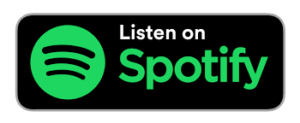Barbara London: My guests today are the members of CFGNY, an engaging artist collective working at the intersection of art, fashion and identity. Members include Daniel Chew, Ten Izu, Tin Nguyen and Kristen Kilponen, who collectively work across video performance, installation, sculpture and garment making.
The name CFGNY was created as an open-ended acronym that could morph depending upon the context in which the project was being presented. One of the earliest iterations of the name is Concepts Foreign Garments New York, and the group is indeed based mostly out of New York. Their work has been shown at the Japan Society in New York, at the Hammer Museum in LA, the Stedelijk Museum in Amsterdam and at Frieze London.
Daniel, Ten and Tin, thank you for joining me.
Daniel Chew: Thank you for having us.
